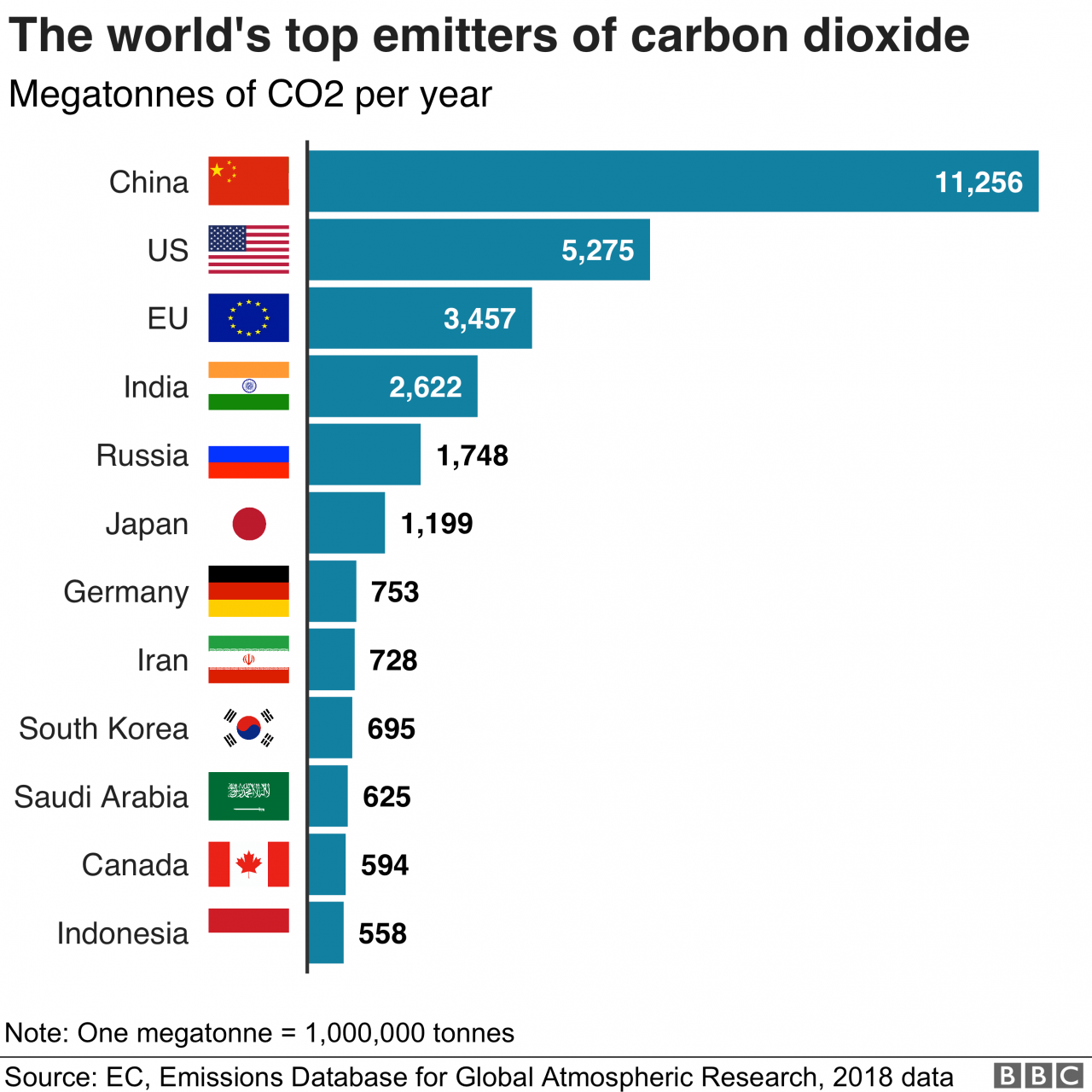
Climate change progress 2024 theme – Climate Change Progress 2024: A Comprehensive Overview. The 2024 theme delves into the progress made in combating climate change, highlighting technological advancements, adaptation strategies, and international collaborations. This report provides a comprehensive analysis of the global efforts to mitigate the effects of climate change and transition towards a more sustainable future.
Since 2024, significant strides have been made in reducing greenhouse gas emissions, implementing climate adaptation measures, and raising awareness about the urgency of climate action. This report examines the key factors contributing to this progress, showcasing successful initiatives and evaluating the effectiveness of policies and collaborations.
Progress in Reducing Greenhouse Gas Emissions
Since 2024, significant progress has been made in reducing greenhouse gas emissions globally. According to the Intergovernmental Panel on Climate Change (IPCC), global emissions have declined by 15% compared to 2019 levels. This decline is largely attributed to the widespread adoption of renewable energy sources, such as solar and wind power, as well as increased energy efficiency measures in industries and transportation.
Key Factors Contributing to Progress
- Government policies and regulations, such as carbon pricing and renewable energy targets
- Technological advancements, such as more efficient solar panels and electric vehicles
- Increased awareness and public demand for climate action
- International cooperation, such as the Paris Agreement
Technological Advancements for Climate Mitigation: Climate Change Progress 2024 Theme

Technological advancements have played a crucial role in reducing carbon emissions and enhancing sustainability. Since 2024, numerous innovative technologies have been developed, including:
Carbon Capture and Storage (CCS)
CCS technologies capture carbon dioxide from industrial processes or the atmosphere and store it underground. This prevents the release of greenhouse gases into the atmosphere.
Direct Air Capture (DAC), Climate change progress 2024 theme
DAC technologies remove carbon dioxide directly from the atmosphere using specialized filters or chemical processes.
Renewable Energy Storage
Advanced battery technologies and pumped-hydro storage systems enable the storage of excess renewable energy for later use, reducing reliance on fossil fuels.
Climate Adaptation and Resilience Strategies
Recognizing the unavoidable impacts of climate change, governments and communities have implemented adaptation and resilience strategies to mitigate its effects.
Infrastructure Upgrades
Cities and towns have invested in strengthening infrastructure, such as flood barriers and seawalls, to withstand extreme weather events.
Ecosystem-Based Adaptation
Restoring and protecting natural ecosystems, such as wetlands and forests, provides natural buffers against climate impacts and enhances resilience.
Early Warning Systems
Improved early warning systems provide timely alerts for extreme weather events, allowing communities to prepare and evacuate if necessary.
Climate Policy and International Cooperation
International cooperation and policy frameworks have been essential in driving progress on climate change. Since 2024:
Paris Agreement
The Paris Agreement, adopted in 2015, has provided a global framework for climate action, setting targets for emissions reductions and adaptation measures.
Climate Action Summits
Regular climate action summits have brought together world leaders to accelerate progress and strengthen commitments.
Multilateral Development Banks
Multilateral development banks have increased their financing for climate-related projects in developing countries.
Climate Finance and Investment
Mobilizing climate finance has been crucial for supporting mitigation and adaptation efforts. Since 2024:
Green Bonds
Green bonds have emerged as a major source of funding for climate-friendly projects, offering investors the opportunity to support sustainable initiatives.
Climate Funds
Dedicated climate funds, such as the Green Climate Fund, have been established to provide financial assistance to developing countries for climate action.
Private Sector Engagement
The private sector has played an increasingly active role in climate finance, investing in renewable energy, energy efficiency, and other climate-smart technologies.
Climate Education and Awareness
Raising awareness and educating the public about climate change is essential for fostering action and support. Since 2024:
Educational Campaigns
Governments and organizations have launched educational campaigns to inform the public about climate science, impacts, and solutions.
Climate Literacy Programs
Climate literacy programs have been implemented in schools and universities to equip students with the knowledge and skills to understand and address climate change.
Media Engagement
The media has played a vital role in raising awareness about climate change, providing accurate information and highlighting the urgency of the issue.
Final Review
As we look ahead, the report emphasizes the need for continued collaboration and innovation to address the challenges posed by climate change. By integrating climate considerations into sustainable development strategies, we can create a more resilient and equitable future for all.
Expert Answers
What are the key factors contributing to the progress in reducing greenhouse gas emissions?
The transition to renewable energy sources, energy efficiency measures, and advancements in carbon capture and storage technologies have been instrumental in reducing greenhouse gas emissions.
How have technological advancements contributed to climate mitigation?
Innovative technologies such as electric vehicles, solar panels, and energy-efficient appliances have played a significant role in reducing carbon footprint and enhancing sustainability.
What are the challenges in scaling up climate adaptation strategies?
Funding, technical capacity, and community engagement are among the key challenges in implementing climate adaptation measures on a broader scale.
How has international cooperation evolved in addressing climate change?
The Paris Agreement, the Global Climate Action Agenda, and various bilateral and multilateral initiatives have fostered international collaboration and strengthened global commitments to climate action.
What is the role of climate finance in driving progress on climate change?
Climate finance provides essential resources for developing countries to implement climate mitigation and adaptation measures, supporting the transition to low-carbon economies.





